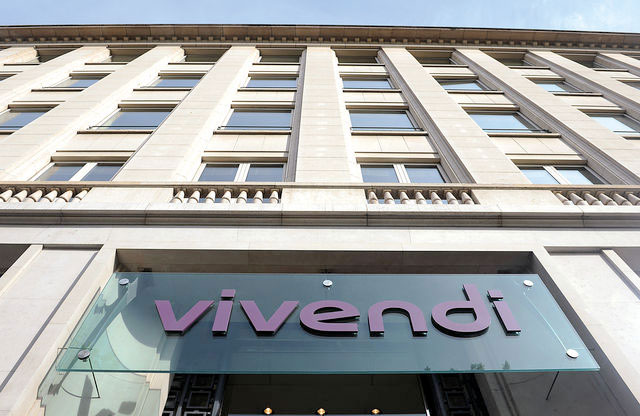
After more than 40 years of operation, DTVE is closing its doors and our website will no longer be updated daily. Thank you for all of your support.
Vivendi gets upper hand after EU Advocate General says Mediaset voting share freeze is unlawful
 The EU Advocate General has said that an Italian law that forced Vivendi to freeze two-thirds of its stake in Mediaset breaches EU rules.
The EU Advocate General has said that an Italian law that forced Vivendi to freeze two-thirds of its stake in Mediaset breaches EU rules.
It is the latest twist in the ongoing legal drama between the two companies as Vivendi looks to block Mediaset’s plans to create a Europe-wide media company called MediaForEurope.
Relations between the companies fell sour in 2016 when Vivendi withdrew from an €800 million deal for Mediaset’s TV unit. Vivendi then built up a hostile 28.8% stake in Mediaset in an effort to hold sway over the Berlusconi family-owned broadcaster.
In 2017, an Italian court ruled that Vivendi’s ownership of significant stakes in both Mediaset and Telecom Italia broke rules which are supposed to prevent a concentration of power in the media industry. Vivendi was then ordered to reduce one of its stakes to below 10%, and complied by transferring two-thirds of its Mediaset voting rights into an independent trust. This has meant that though Vivendi is a large shareholder in Mediaset, it is unable to vote at shareholder meetings.
The opinion of Advocate General Manuel Compos Sanchez-Bordona is not legally binding, but Vivendi could reclaim its voting rights should the EU follow the advice.
Sanchez-Bordona added that the Italian legislation is too restrictive in its definition of the communications sector and that it had set a “very low ceiling” for companies owning shares.
Vivendi said that it was pleased with the opinion, while Mediaset said that Vivendi’s stake is still illegitimate without a decision from the EU and Italian courts.
The Milan judge considering Vivendi’s case against Mediaset’s merger of its Italian and Spanish arms under a new Dutch holding company has pushed back the case to a new hearing scheduled for January 21, after Mediaset’s planned EGM votes on changes to the structure of the new company.
It is usual for the EU court’s judges to rule in between two and four months after opinions of this nature are expressed by its advocates.


